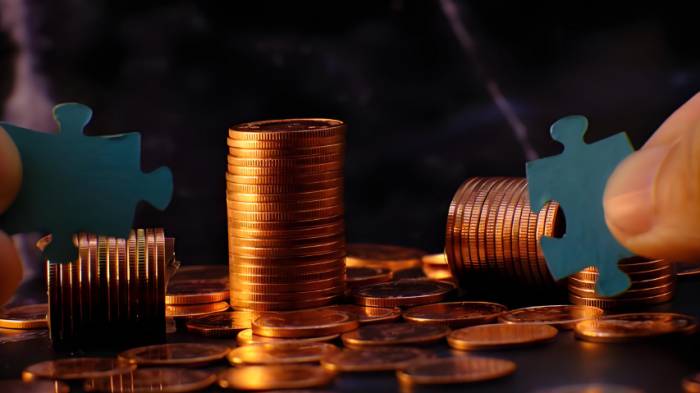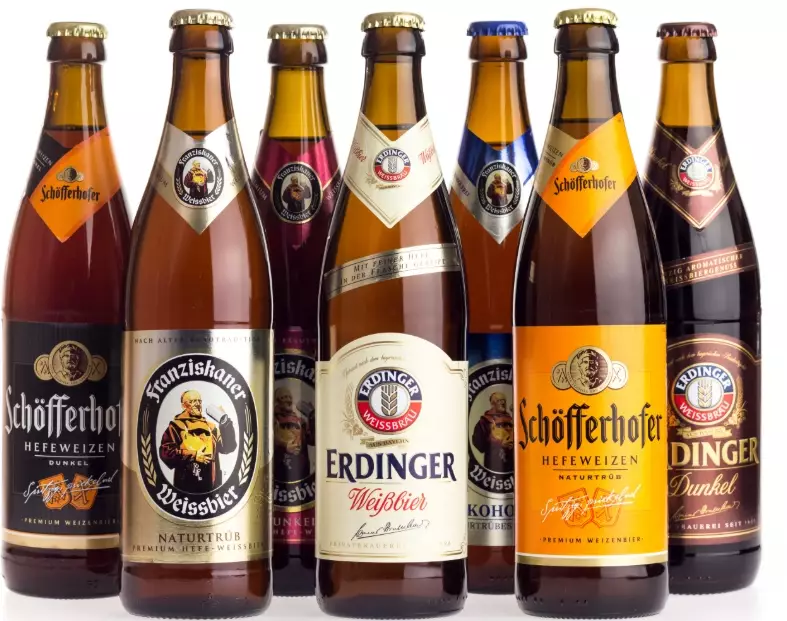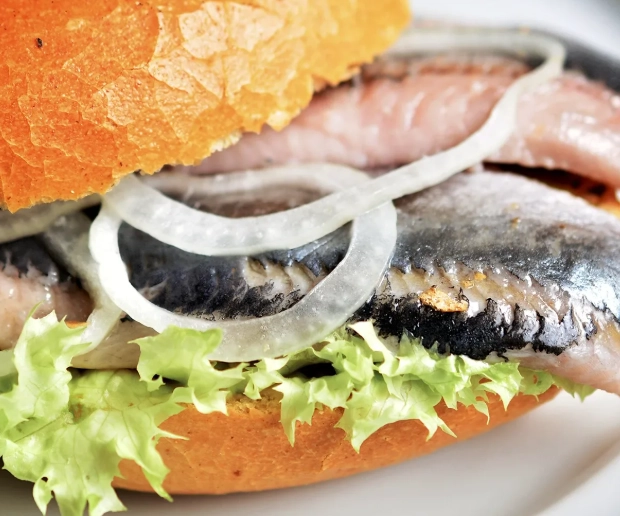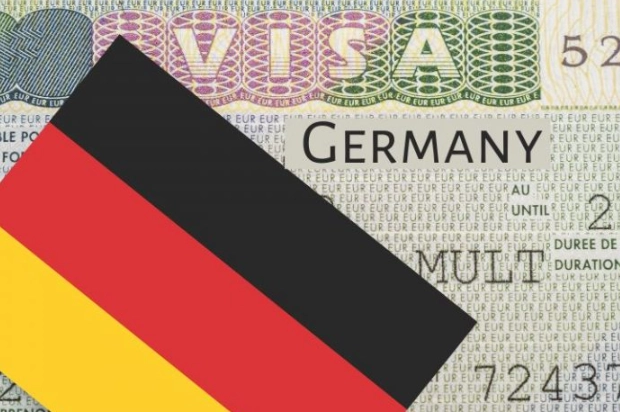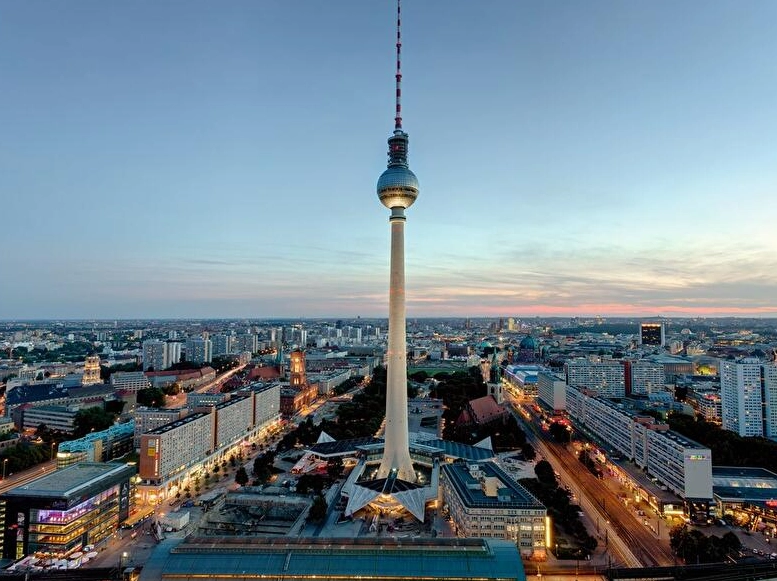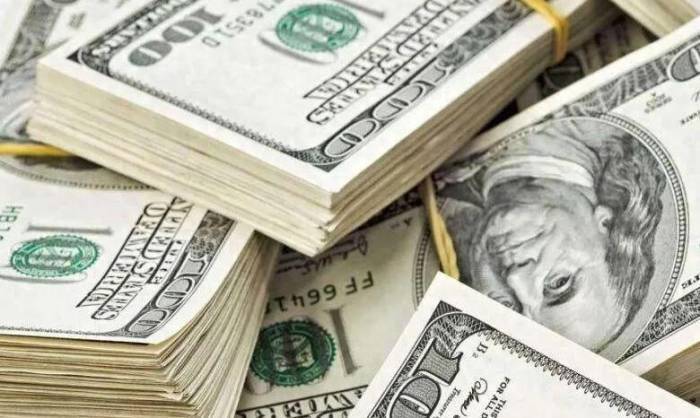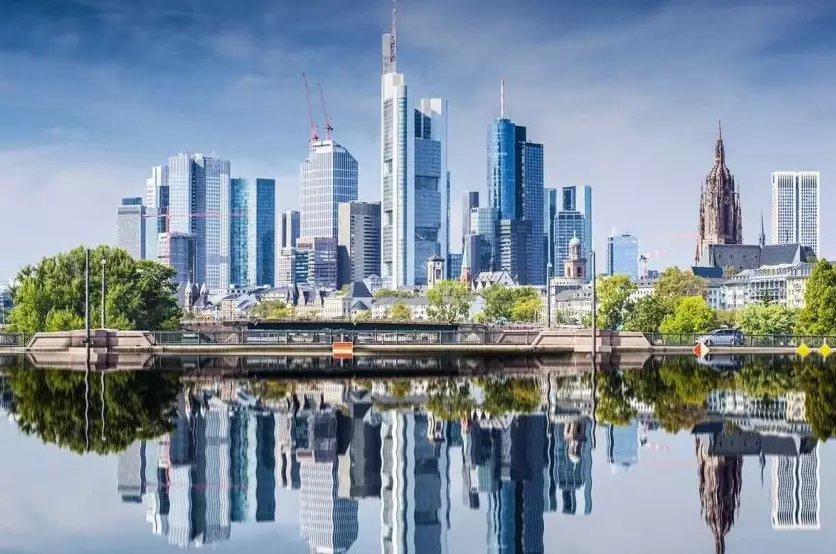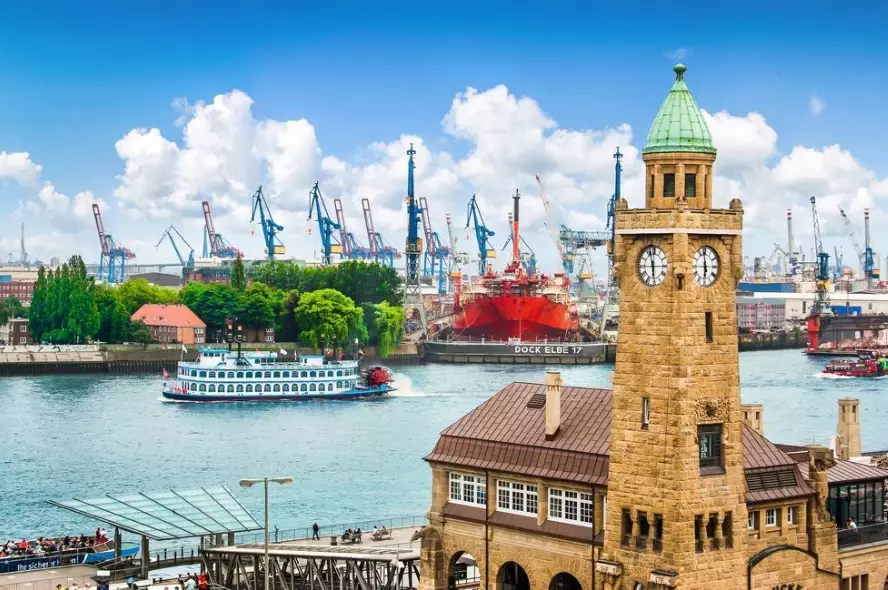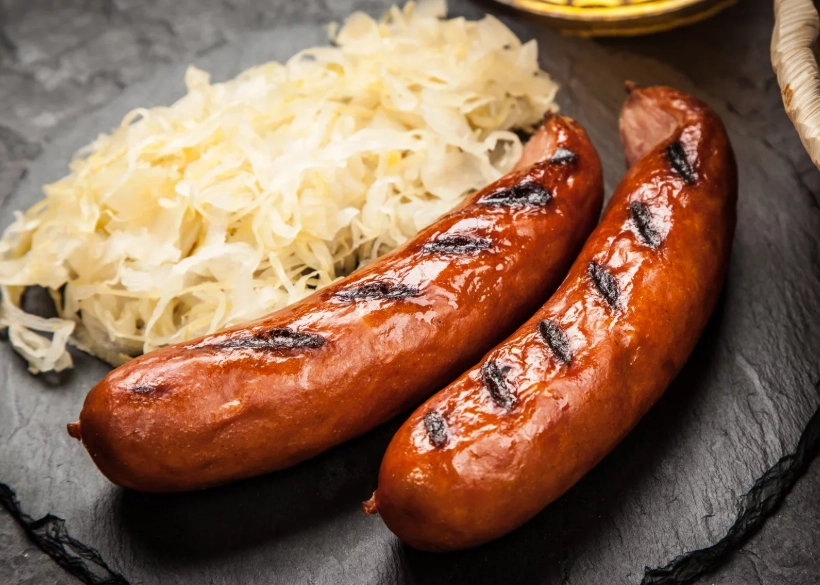On August 20th, the European Commission (hereinafter referred to as "the Commission") disclosed the final ruling of the anti-subsidy investigation on Chinese electric vehicles.
That evening, the Ministry of Commerce website issued a statement, and the spokesperson for the Ministry of Commerce expressed that the Chinese side has repeatedly pointed out that the European side's anti-subsidy investigation on Chinese electric vehicles has a pre-set conclusion, and the practices at all stages of the investigation violate the "objective, fair, non-discriminatory, transparent" principles it has committed to, and also do not comply with the rules of the World Trade Organization (WTO). It is a practice of "unfair competition" under the guise of "fair competition."
The spokesperson for the Ministry of Commerce stated that the final ruling disclosed by the European side this time did not fully take into account the opinions of the Chinese side and still insisted on the wrong approach, imposing high tax rates, and using sampling to treat Chinese enterprises of different types differently, distorting the results of the investigation. This final ruling is based on "facts" unilaterally determined by the European side, rather than facts mutually recognized by both parties, and the Chinese side is firmly opposed to and highly concerned about this.
Yan Guangpu, an anti-dumping financial expert at Daoyue Legal Consulting, who has been in charge of or participated in anti-dumping and countervailing cases against China for many years, said to the First Financial reporter regarding this case, "The European Union's operation this time is too obvious."
"The European Union has broken some usual practices in this new energy vehicle anti-subsidy investigation," he illustrated, such as initiating an investigation on its own without an applicant, and allowing related companies of the enterprises participating in the defense to apply for the tax rate obtained by the defending enterprise.
The Chinese side firmly defends the legitimate rights and interests of Chinese enterprises.
According to CCTV news, on the 20th, the Commission disclosed to the relevant parties the draft decision on the final countervailing duties on pure electric vehicles imported from China.
The Commission made minor adjustments to the proposed tax rates, among which BYD is 17.0%, Geely is 19.3%, SAIC Group is 36.3%, other cooperative companies are 21.3%, and all other non-cooperative companies are 36.3%.
The Commission decided to implement a separate tariff rate for Tesla as a Chinese exporter, currently set at 9%. The European Commission also decided not to retroactively impose countervailing duties.
The spokesperson for the Ministry of Commerce stated that during the investigation of this case, the Chinese government and the Chinese industry have provided tens of thousands of pages of legal documents and evidence materials through various means such as submitting questionnaires, written comments, and statements at hearings, to fully and deeply argue against the unreasonable and non-compliant practices of the European side. It also pointed out that the European side's restrictions on Chinese electric vehicles will disrupt the stability of the global automotive industry chain and supply chain, including the European Union, harm the interests of European consumers, and undermine the European Union's own green transformation and the overall situation of global cooperation in addressing climate change.The spokesperson for the Ministry of Commerce stated that since the end of June, China and the European Union have conducted more than ten rounds of technical consultations on this case based on facts and rules. China has always been committed to resolving trade disputes with the EU through dialogue and consultation with the utmost sincerity, hoping that the EU will truly move towards China, explore appropriate solutions with a rational and pragmatic attitude, and take practical actions to avoid escalating trade frictions. China will take all necessary measures to resolutely defend the legitimate rights and interests of Chinese enterprises.
Previously, on August 9th, China referred the EU's provisional counter-subsidies on electric vehicles to the WTO dispute settlement mechanism.
At that time, the spokesperson for the Ministry of Commerce indicated that the EU's preliminary determination lacked a factual and legal basis, seriously violating WTO rules and harming the global cooperation on climate change. We urge the EU to immediately correct its erroneous practices and jointly maintain the stability of China-EU economic and trade cooperation and the supply chain of the electric vehicle industry.
How the tax rates change:
As mentioned earlier, the European Commission has slightly reduced some of the proposed tax rates: BYD is now at 17.0%, previously at 17.4%; Geely at 19.3%, previously at 19.9%; SAIC at 36.3%, previously at 37.6%.
However, other cooperating companies will face a tariff of 21.3%, slightly higher than the previous 20.8%; companies that did not cooperate with the investigation will face the highest tariff of 36.3%, slightly lower than the previously set 37.6%.
It should be noted that these tariffs are imposed on top of the EU's standard 10% tariff on automobile imports.
Tesla had requested a recalculation of its tax rate based on the specific subsidies it received. The European Commission stated that Tesla received fewer subsidies, and the current tariff is set at 9%.
In a Q&A article, the European Commission explained Tesla's tax rate, saying: "As announced during the provisional measures phase, Tesla submitted a well-documented 'individual review' request to determine its tariff level based on the specific subsidies it received."
"This request has been thoroughly reviewed, and the assessment of the subsidy level received has been reflected in the final stage tariff level," the European Commission stated. "Any differences in tariff levels reflect the differences in subsidy levels between different programs, which are influenced by various factors, such as different organizational structures in terms of cooperation levels and financing fields."Affected European companies include Germany's Volkswagen and BMW, among others. According to reports, a source close to the matter within the Volkswagen Group has indicated that the Group's subsidiary SEAT currently anticipates that the European Union will impose a 21.3% tariff on its Cupra Tavascan new energy vehicle model. A SEAT spokesperson stated that the company is collaborating with the Volkswagen Group to further mitigate the impact of the tariffs.
BMW, in a statement, declared that its joint venture producing electric Mini models in China is also classified as a "partner company," eligible for the reduced 21.3% tariff, whereas the European Union's previously stated tariff was 37.6%.
The European Commission has stated that interested parties may promptly request a hearing with the Commission's services and provide their opinions within 10 days.
The European Commission has indicated that subsequently, after considering the opinions of the interested parties, the Commission will submit its final decision to the member states, which will vote according to the Commission's rules review procedure, unless there is a majority against it, in which case the Commission's proposal will be adopted. This vote will be binding.
The European Commission has stated that the final measures must be implemented within 4 months after the collection of provisional tariffs. The Commission's implementing regulation, including the final results of the investigation, will be published in the Official Journal at the latest by October 30, 2024, and at the latest within 13 months after the start of the investigation. The validity period of any potential measures will be 5 years and may be extended upon reasonable request and subsequent review.
Yan Guangpu told reporters from Yicai that as the trend of new energy vehicles going overseas continues, the European Union may in the future wield the big stick of anti-subsidy against these countries where Chinese new energy vehicle companies are concentrated.
He added that one important reason why the "European Union has only initiated an anti-subsidy investigation and not an anti-dumping investigation is that the European Union may not be able to find a suitable substitute country to calculate the dumping rate. In the future, as the global supply chain of new energy vehicles develops, and when the European Union can find a suitable substitute country and substitute price, an anti-dumping investigation is not ruled out." He also noted that if Chinese new energy vehicle companies all apply for a new exporter review, the European Union may continue to break with convention and innovate investigation rules to address these companies' new exporter review applications with a unique procedure.

